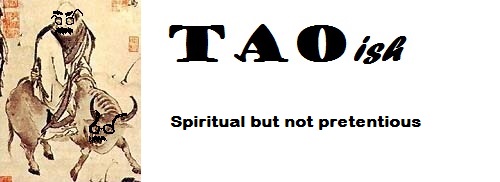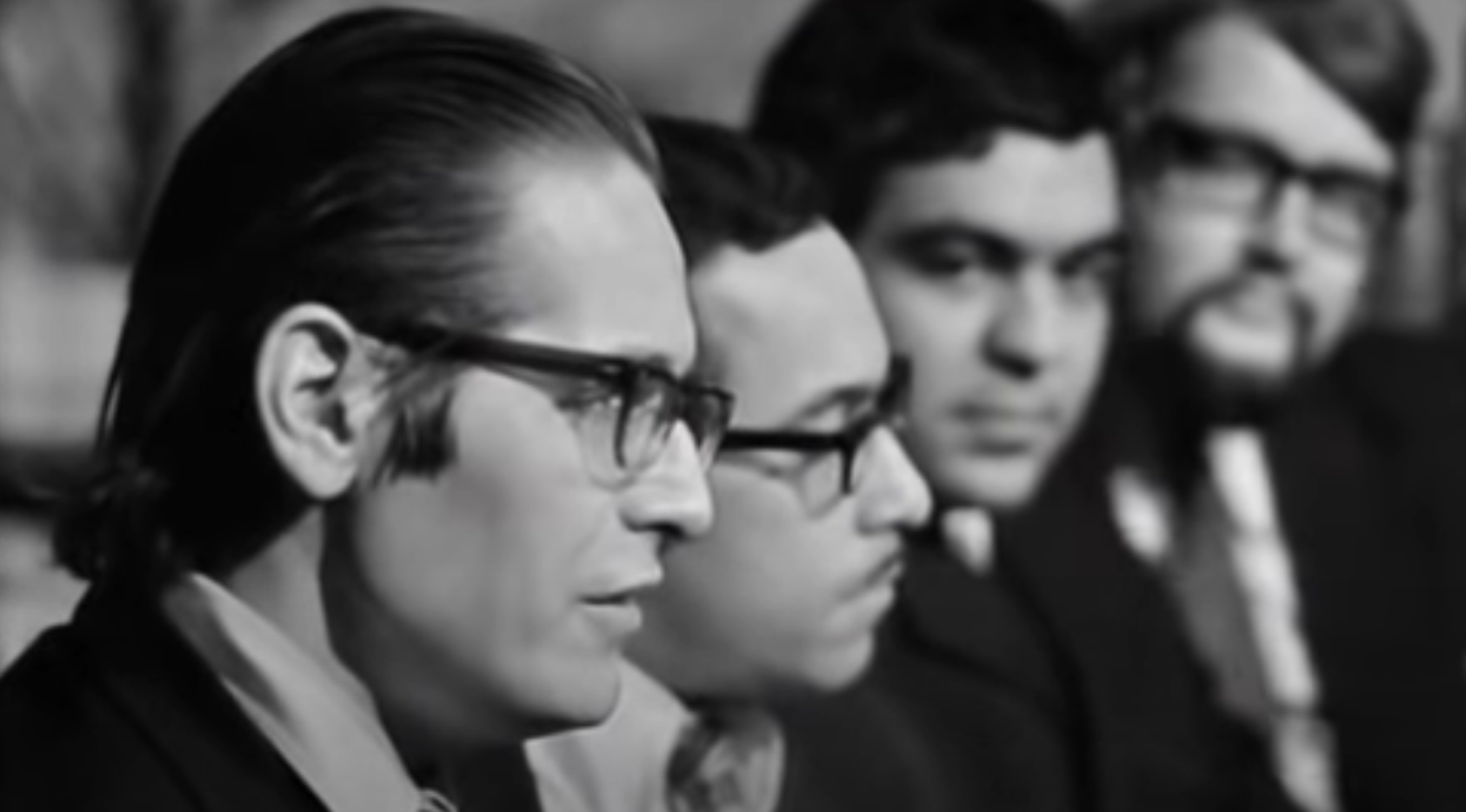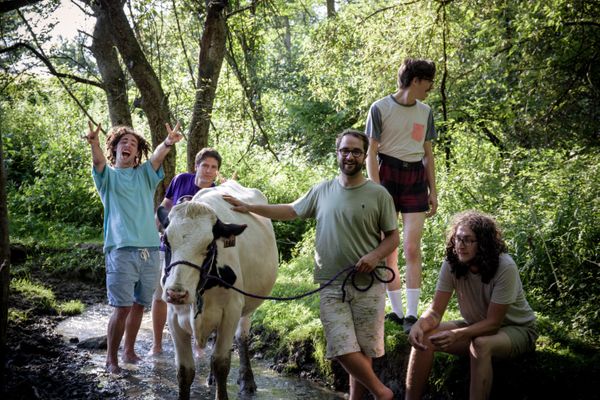New (Ancient) Texts of the Tao Te Ching (Daodejing)
Last summer I wrote an post about a new edition of the Daodejing that had been found in China. It turns out that I got some of the information wrong, so here’s an update with a lot of new details.
The New York Times published the article that spurred my post, writing that “The [new] Tsinghua manuscripts and the two other collections, also dated from around 300 B.C. (one excavated from the historical Chu state area of Hubei Province, while the other was bought on the Hong Kong art market), together include: The earliest known copy of the “I Ching,” the ancient book of divination; hitherto unknown poems from “The Book of Songs”; texts attributed to Confucius that are not found in later renditions of “The Analects”; the oldest version of Laozi’s “Dao De Jing,” or “The Taoist Book of the Way” (with many differences from later editions)…”
My breezy reading assumed that the Daodejing was one of those newly discovered Tsinghua texts. Amazingly, that NYT article lumped together the 2008 discovery of the Tsinghua manuscripts — transcriptions of which are finally emerging 5 years later — with the 1993 Guodian tomb excavation, which discovered the world’s oldest extant Daodejing, and presented them together as exciting new findings in 2013.
Luckily, Scott Barnwell (who edits the excellent hardcore Daoist blog “Bao Pu”) caught my mistake over at Warp, Weft and Way and set me straight.
It turns out that there IS a new/old manuscript of the DDJ that recently surfaced, one given to Beijing University (aka Beida) in January 2009. It’s not quite as old as the Guodian manuscripts (circa 300 B.C.E) or even the later Mawangdui silk texts (168 B.C.E), but it’s still 350 years older than the received version of the Daodejing (Wang Bi’s, from around 250 C.E.)
The new Beida version has been dated to “the second half of the reign of Emperor Wu of Han (141-87 B.C.E.),” according to the only English source I could find — the excellent Laozi article in the Stanford Encyclopedia of Philosophy, by Alan Chan. (Check the end of the section on Textual Traditions).
For the most part, it is similar to known editions of the Daodejing. One major difference is that the two sections (pian) of the book (“Dao” and “De”) are titled separately, as “Laozi Classic, Part 1” (Laozi shang jing) and “Laozi Classic, Part 2” (Laozi xia jing). Also, like the Mawangdui edition, the “De” part — which comes second in the Wang Bi and later versions of the book — appears first.
Barnwell argues that this makes it appear that De before Dao was the original ordering, but Chan disagrees.
“This cannot be taken to mean that the Laozi was ‘originally’ written in that order; it merely reflects one textual tradition prevalent during the Han period. Like the Mawangdui manuscripts, the Beida Laozi also records the number of characters at the end of each part.
For further and more specific study of the different versions, Chan recommends the Chinese scholar Liu Xiogan. Most of his work is in Chinese, but he published one article in English a decade ago: “From Bamboo Slips to Received Versions: Common Features in the Transformation of the Laozi.” Harvard Journal of Asiatic Studies 63: 337–382 (2003)
Alan Chan also mentions a fourth older manuscript of the Daodejing, which I will write more about later.
“Besides the Guodian bamboo texts, the Mawangdui silk manuscripts, and the received text of Wang Bi and Heshanggong, there is an “ancient version” (guben) edited by the early Tang scholar Fu Yi (fl. 600). Reportedly, this version was recovered from a tomb in 574 C.E., whose occupant was a consort of the Chu general Xiang Yu (d. 202 B.C.E.), the rival of Liu Bang before the latter emerged victorious and founded the Han dynasty. A later redaction of the “ancient version” was made by Fan Yingyuan in the Song dynasty.”











Pingback: Taoish | Spiritual but not pretentious